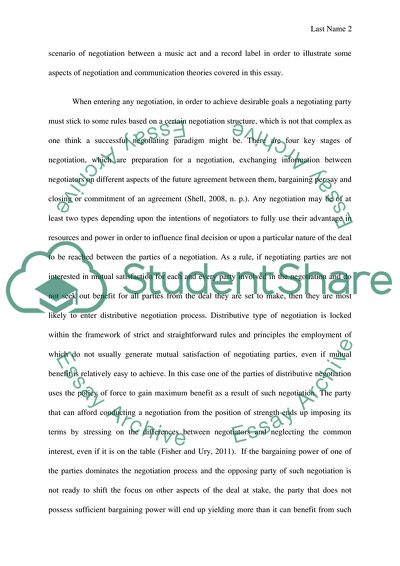Cite this document
(Music Contracts and Negotiations Coursework Example | Topics and Well Written Essays - 2500 words, n.d.)
Music Contracts and Negotiations Coursework Example | Topics and Well Written Essays - 2500 words. https://studentshare.org/law/1680123-music-contracts-negotiations
Music Contracts and Negotiations Coursework Example | Topics and Well Written Essays - 2500 words. https://studentshare.org/law/1680123-music-contracts-negotiations
(Music Contracts and Negotiations Coursework Example | Topics and Well Written Essays - 2500 Words)
Music Contracts and Negotiations Coursework Example | Topics and Well Written Essays - 2500 Words. https://studentshare.org/law/1680123-music-contracts-negotiations.
Music Contracts and Negotiations Coursework Example | Topics and Well Written Essays - 2500 Words. https://studentshare.org/law/1680123-music-contracts-negotiations.
“Music Contracts and Negotiations Coursework Example | Topics and Well Written Essays - 2500 Words”. https://studentshare.org/law/1680123-music-contracts-negotiations.


